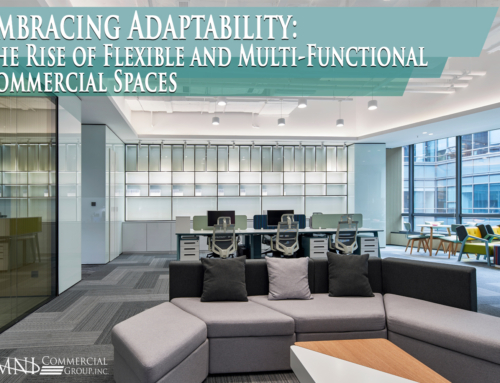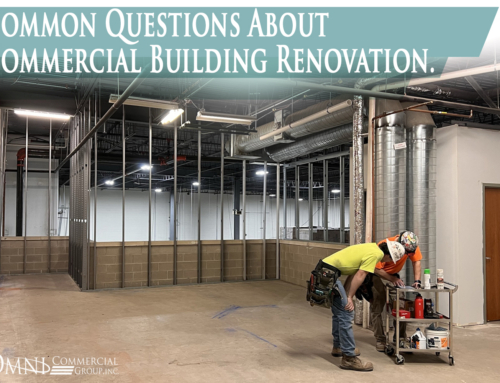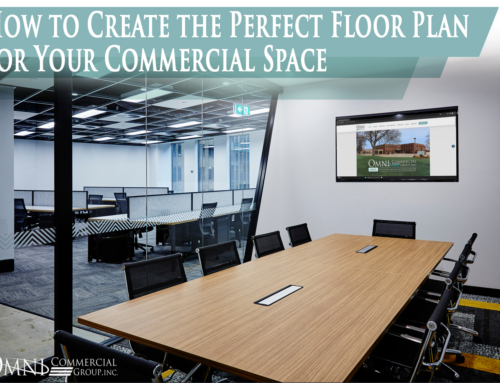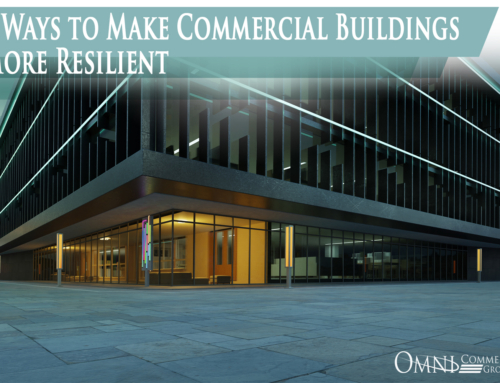Buildouts are the perfect canvas for you to imagine how your company might fit inside those four walls. Creating the ideal commercial space can be an exciting endeavor; there are many potential options and you can skip over the ground-up construction challenges. However, as you imagine how your vision will be incorporated, you are sure to face different concerns throughout the process. That is why it is critical to stay grounded and ask questions. Your dream buildout is possible if you take care to avoid these common mistakes that could derail your project.
What is a buildout?
A buildout usually occurs when a commercial space had a previous tenant finish that needs changing. The original tenant improvements are demolished, creating a fresh slate for the next tenant. In most cases, a buildout implies that the landlord owns the commercial building, and the company or business will lease the property. The company must complete interior renovations to make the location ready for their unique business. The landlord must agree to remodel the unit according to the needs of the tenant. This might include updating or modernizing the space to be aesthetically pleasing and meeting energy efficiency standards.
3 Common Buildout Mistakes to Avoid
-
Settle Buildout Terms
Within the lease agreement or contract, several factors of the project buildout should be settled and expressed clearly in writing prior to signing the document. These items include the need to build or demolish walls, how utilities will be affected, and receiving a tenant improvement allowance to finance some the project. A buildout agreement will be negotiated with the new tenant on what the improvements will consist of prior to moving in. This can include improvements responsible by the tenant and improvement responsible by the property owner.
-
Hiring the Wrong Commercial Contractors
Building out a commercial space is a big decision and often a new experience for business owners. Hiring the wrong commercial general contractor to complete the buildout can be more detrimental to your project than you think. Find a contracting company that not only has expertise but also has the appropriate certification and licenses to do work in your chosen area. For example, commercial contractors, subcontractors, and vendors with extensive knowledge of restaurant buildings will know the local regulations to ensure a successful and lawfully compliant project. If your contractor is experienced in the type of project you have, they should have no problem providing a reference. Be sure to ask for one!
-
Setting an Unrealistic Schedule
Staying on schedule is always a main goal of any commercial construction project. It is important that you and the general contractor have a mutual and set expectation on the timeline to complete the project from start to finish. Construction schedules should also allocate sufficient time for handling any emergencies that could delay the project. To ensure your schedule is practical, work with your trusted contractor to develop a realistic timeline.
As a premier commercial general contractor, Omni Commercial Group is proud to provide commercial construction services throughout Chicago and beyond. Commercial construction is our specialty! Our teams are well versed in working with clients to understand the functionality and aesthetics of their new space. We collaborate well with owners, tenants, architects, engineers, and the teams involved in creating commercial spaces. We have an impeccable track record, an impressive portfolio, and an experienced team that is ready to tackle your next big project. We are happy to provide numerous references. Just contact us.









